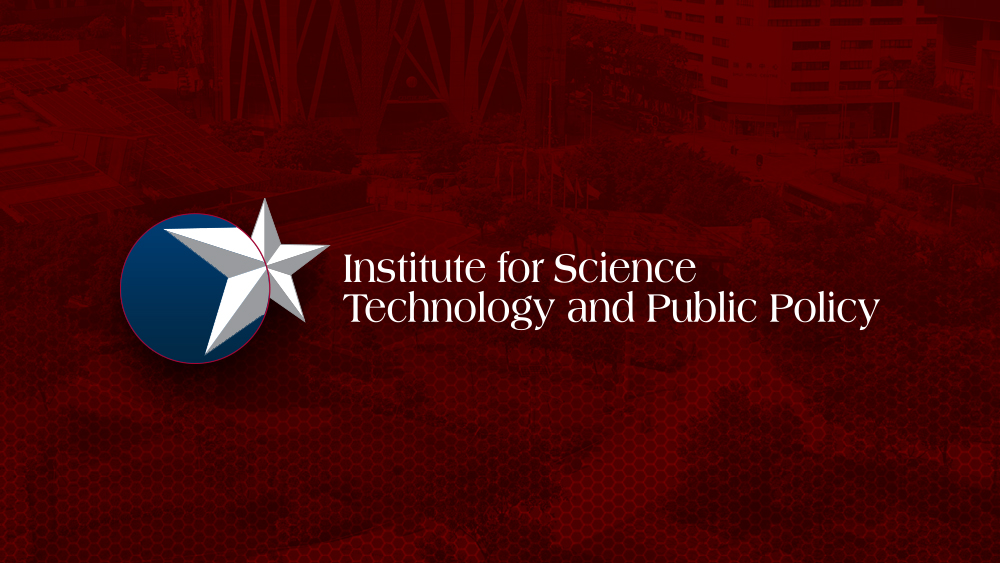
ISTPP’s Dr. Bryce Hannibal presented a paper coauthored with ISTPP Director, Dr. Kent Portney, on Texans’ opinions on unconventional oil and gas development at the Western Political Science Association’s 2019 conference.
Hannibal and Portney combine several data sources to examine the influence of contextual factors on Texans’ perceptions of hydraulic fracturing (fracking). They used data from ISTPP’s water-energy-food nexus public opinion survey, FracFocus, and the U.S. Drought Monitor to model the effect of local water resources and proximity to development sites on Texans’ concerns about fracking and support for policies addressing those concerns. The EPA’s FracFocus and the U.S. Drought Monitor provided data on water usage in the fracking process and its impact on the local environment, specifically water resources in Texas counties. The authors also used FracFocus to identify the effect fracking production may have on policy preferences of individuals who live in areas of significant fracking presence.
Hannibal and Portney conclude that most Texans believe fracking should be more strictly regulated. The authors find that in regions where fracking degrades water resources or those resources are scarce, public opinion is generally more positive toward greater regulations on fracking. Water resources in a region directly affect public perception of fracking because many Texas regions experience drought and water scarcity during the year. Fracking not only requires a tremendous amount of water to extract oil from shale formation, but the chemicals used in that process may pollute water supplies near development sites. However, Hannibal and Portney find that distance from fracking activities has mixed results on these perceptions. Individuals living in areas with high levels of fracking may have a greater understanding of the practice’s impact on resources, but they may also see the potential economic benefits of living in a development ‘boomtown’ as worth the risk.
Hannibal, Bryce, 2019. “Public Concern and Support for Regulation of Unconventional Oil and Gas Development: Individual and Contextual Influences on Texas Residents.” Paper presented at the Annual Conference of the Western Political Science Association, San Diego, CA. April 18. Co-authored with Kent Portney

